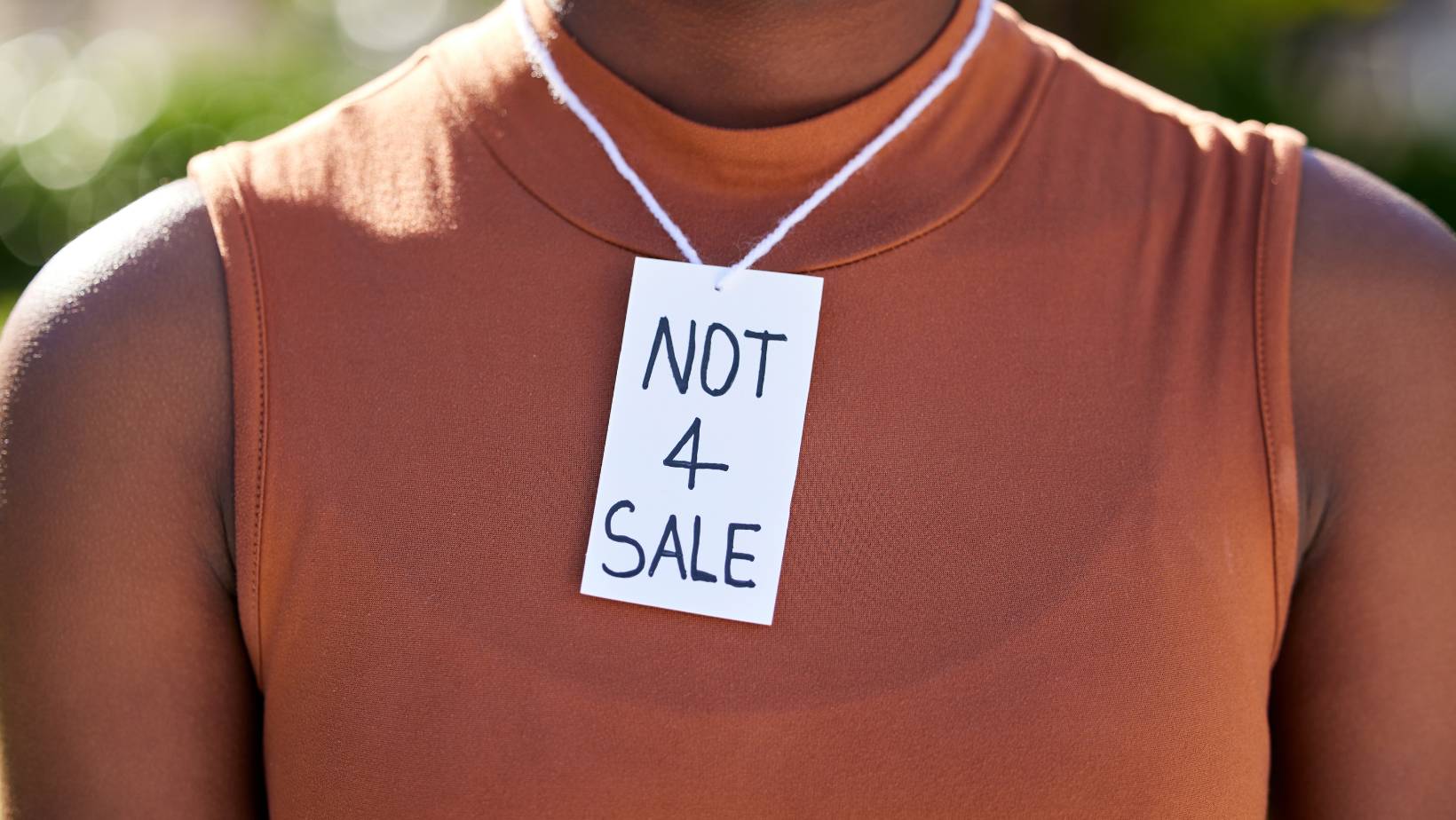On July 30, we observe the World Day Against Trafficking in Persons, a crucial international awareness day dedicated to addressing one of the most pressing human rights issues of our time. This day serves as a stark reminder of the millions of people worldwide who fall victim to human trafficking and calls for global action to combat this modern form of slavery.
The Origins and Evolution of the World Day Against Trafficking in Persons
The roots of this observance can be traced back to the United Nations’ long-standing efforts to combat human trafficking. Key milestones include:
- 1949: The UN adopts the Convention for the Suppression of the Traffic in Persons and of the Exploitation of the Prostitution of Others, the first legally binding international instrument on human trafficking.
- 1995: The Beijing Platform for Action calls for effective measures to combat the trafficking of women and girls.
- 2013: The UN General Assembly designates July 30 as the World Day Against Trafficking in Persons, recognizing the need for increased awareness and action on this global issue.
Understanding Human Trafficking: A Global Pandemic
Human trafficking is a complex and pervasive crime that affects every region of the world. It involves the recruitment, transportation, and exploitation of individuals through force, fraud, or coercion. Key aspects of this issue include:
1. Forms of Trafficking
While sex trafficking often receives the most attention, human trafficking also encompasses forced labor, domestic servitude, and child exploitation. Each form requires targeted strategies for prevention and intervention.
2. Vulnerability Factors
Certain groups are particularly vulnerable to trafficking, including women, children, migrants, and individuals facing economic hardship. Understanding these risk factors is crucial for developing effective prevention strategies.
3. Economic Impact
Human trafficking is not just a human rights issue but also a significant economic concern. It’s estimated to be a multi-billion dollar criminal industry, second only to drug trafficking in its global reach and impact.
The Importance of the World Day Against Trafficking in Persons
1. Raising Awareness
This day plays a crucial role in educating the public about the realities of human trafficking, helping to dispel myths and misconceptions that can hinder efforts to combat the crime.
2. Promoting Action
By focusing global attention on the issue, the day encourages governments, organizations, and individuals to take concrete steps to prevent trafficking, protect victims, and prosecute perpetrators.
3. Supporting Survivors
The observance provides an opportunity to highlight the needs of trafficking survivors and advocate for better support services and reintegration programs.
How to Observe the World Day Against Trafficking in Persons
1. Educate Yourself and Others
Take time to learn about the complexities of human trafficking and share this knowledge with your community. Understanding the issue is the first step in combating it.
2. Support Anti-Trafficking Organizations
Consider donating to or volunteering with reputable organizations that work to prevent trafficking and support survivors.
3. Advocate for Stronger Policies
Use your voice to call for stronger anti-trafficking laws and better protection for vulnerable populations in your country and around the world.
Challenges and Progress in the Fight Against Human Trafficking
While the battle against human trafficking faces numerous challenges, there have been significant strides in recent years:
- Increased international cooperation in law enforcement efforts
- Growing awareness of trafficking as a global issue
- Development of more comprehensive victim support services in many countries
- Implementation of stricter penalties for traffickers in various jurisdictions
However, the COVID-19 pandemic has exacerbated many of the root causes of trafficking, highlighting the need for continued vigilance and action.
Conclusion
The World Day Against Trafficking in Persons serves as a powerful reminder of the ongoing struggle against one of the most egregious violations of human rights in the modern world. It calls on each of us to play a role in combating this crime – whether through raising awareness, supporting survivors, or advocating for change.
As we observe this day, let us remember the words of former UN Secretary-General Ban Ki-moon: “Human trafficking has no place in the modern world.” Through collective action and unwavering commitment, we can work towards a future where this statement becomes a reality, and where the dignity and freedom of every individual is respected and protected.
